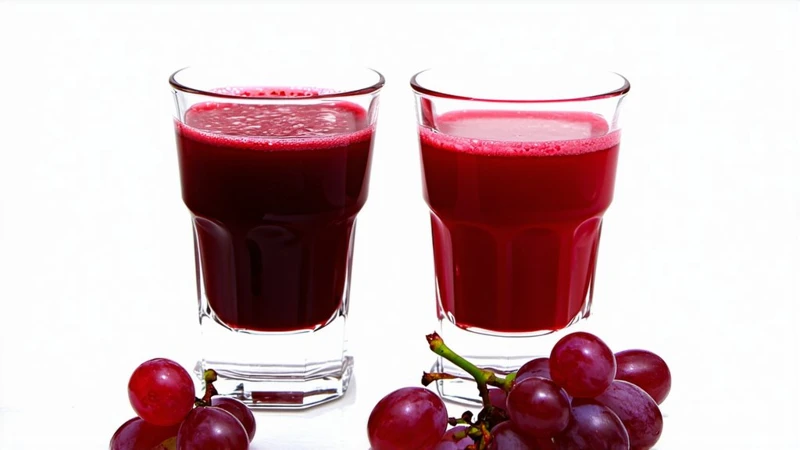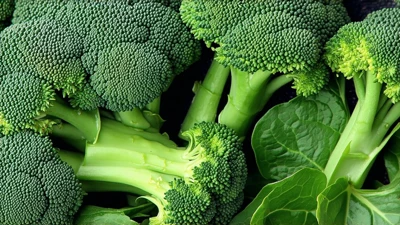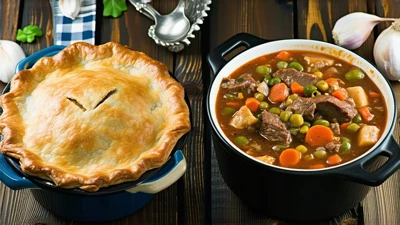
A Complete Comparison between Grape Juice and Pomegranate Juice
On the other hand, grape and pomegranate juices are two of the juiciest fruit varieties out there. But which reigns supreme? This article explores 30 important considerations — from nutrition and convenience to sustainability — to help you make up your mind. Let's uncork the facts.
Better Nutrition: Fruit Juice, Grape vs. Pomegranate
Both juices are packed with nutrients, but their nutritional profiles vary widely. Here's a side-by-side comparison for an 8-ounce (240ml) serving:
| Nutrient | Grape Juice | Pomegranate Juice |
|---|---|---|
| Calories | 150 kcal | 134 kcal |
| Sugar | 36g | 31g |
| Vitamin C | 30% DV | 35% DV |
| Potassium | 10% DV | 17% DV |
| Dietary Fiber | 0.5g | 0.3g |
| Antioxidants* | Resveratrol | Punicalagins |
*DV = Daily Value based on a 2000 calorie diet.
Source: USDA FoodData Central (2023)
Key Takeaways:
Less Sugar: 5g less sugar than grape juice Pomegranate juice.
Potassium Power: Pomegranate's 17% DV is heart-healthy, compared with grape juice's 10%.
Antioxidant Diversity: Grape juice's resveratrol promotes longevity and pomegranate's punicalagins fight inflammation.
Taste and Flavor Profile
Grape Juice: Sweet, with a hint of tartness (especially Concord varieties). Its creaminess also makes it a kid-friendly favorite.
Pomegranate Juice: A richly tart taste layered with earthy notes. "It's berry-like with a citrus kick," fans say.
SUBJECTIVE OPINION: For sweetness, grape juice takes the cake. For the adventurous palate, pomegranate's complexity is unparalleled.
Health Benefits Showdown
Each juice has its own advantages. Here's how they stack up:
| Benefit | Grape Juice | Pomegranate Juice |
|---|---|---|
| Hydration | High water content aids recovery | Moderate hydration |
| Anti-Inflammatory | Moderate | High (punicalagins) |
| Immune Support | Vitamin C + antioxidants | Vitamin C + polyphenols |
| Blood Pressure | Moderate potassium benefit | Clinically shown to reduce BP* |
| Digestion | Low fiber; gentle on stomach | Tannins may aid gut microbiota |
Data Source: Journal of the American College of Cardiology (2021)
Key Insight: A meta-analysis published in 2021 supports pomegranate juice as virtuous for blood pressure, so a standout option for cardiac patients.
Audience and Demographics
Lovers of grape juice: families, athletes (for an energy boost) and wine lovers looking for an alcohol-free alternative.
Pineapple Juice Enthusiasts: Adults following the Mediterranean diet, those with chronic inflammation, and healthy adults.
Market Data: Grape juice leads the U.S. market and has a 45% share, a 2023 Mintel report says, while 20% higher price point pomegranate targets premium purchasers.
Types and Varieties
Grape Juice:
Concord: Sweet, bold flavor (great for juice).
Red/White: Lighter taste, commonly used in cocktails.
Pomegranate Juice:
Cold-Pressed: Maintains 30% more nutrients but is pricier.
Concentrated: Greater shelf life, lower antioxidants.
Personal Tip: Use organic pomegranate juice to avoid the pesticide-former sources, which are higher in conventionally grown fruits (Environmental Working Group, 2022).
Recipes and Pairing Ideas
Grape Juice:
Smoothie: With Greek yogurt, spinach, chia seeds.
Mocktail: Combine with sparkling water and lime.
Pomegranate Juice:
Salad Dressing: Mix with olive oil, honey and Dijon mustard.
Marinade: For lamb or chicken with garlic and rosemary.
DIY vs. Store-Bought
DIY Grape Juice: Tastes fresher but requires calculation (to make 1 cup of juice, you must juice 2 lbs of grapes).
Store-Bought Pomegranate Juice: Easy, but read labels for added sugars.
Sustainability Note: Do-it-yourself saves plastic but costs water. Pomegranate cultivation consumes 20% less water than grape cultivation (World Resources Institute, 2023).
The Environmental Impact and Sustainability
Grapes: Heavy water use; pesticide-intensive conventional growing.
Pomegranate juice: Drought-resistant crops, but transport from major producers (e.g., turkey, california) increases carbon footprint.
Environmental tip: You can buy local, organic brands.
Conclusion
Grape juice or pomegranate juice — it's a choice based on your priorities:
Choose Grape Juice for hydration and affordability — and kid-friendly smoothies.
Pomegranate Juice for anti-inflammatory benefits and heart health
Final Thought: I house both in my fridge — grape for post-workout refreshment and pomegranate for my morning antiinflammatory boost. Why settle when you can have the best of both worlds?
References:
USDA FoodData Central (2023).
In the Journal of the American College of Cardiology (2021).
Mintel Market Report (2023).
Environmental Working Group (2022).
World Resources Institute (2023).

















